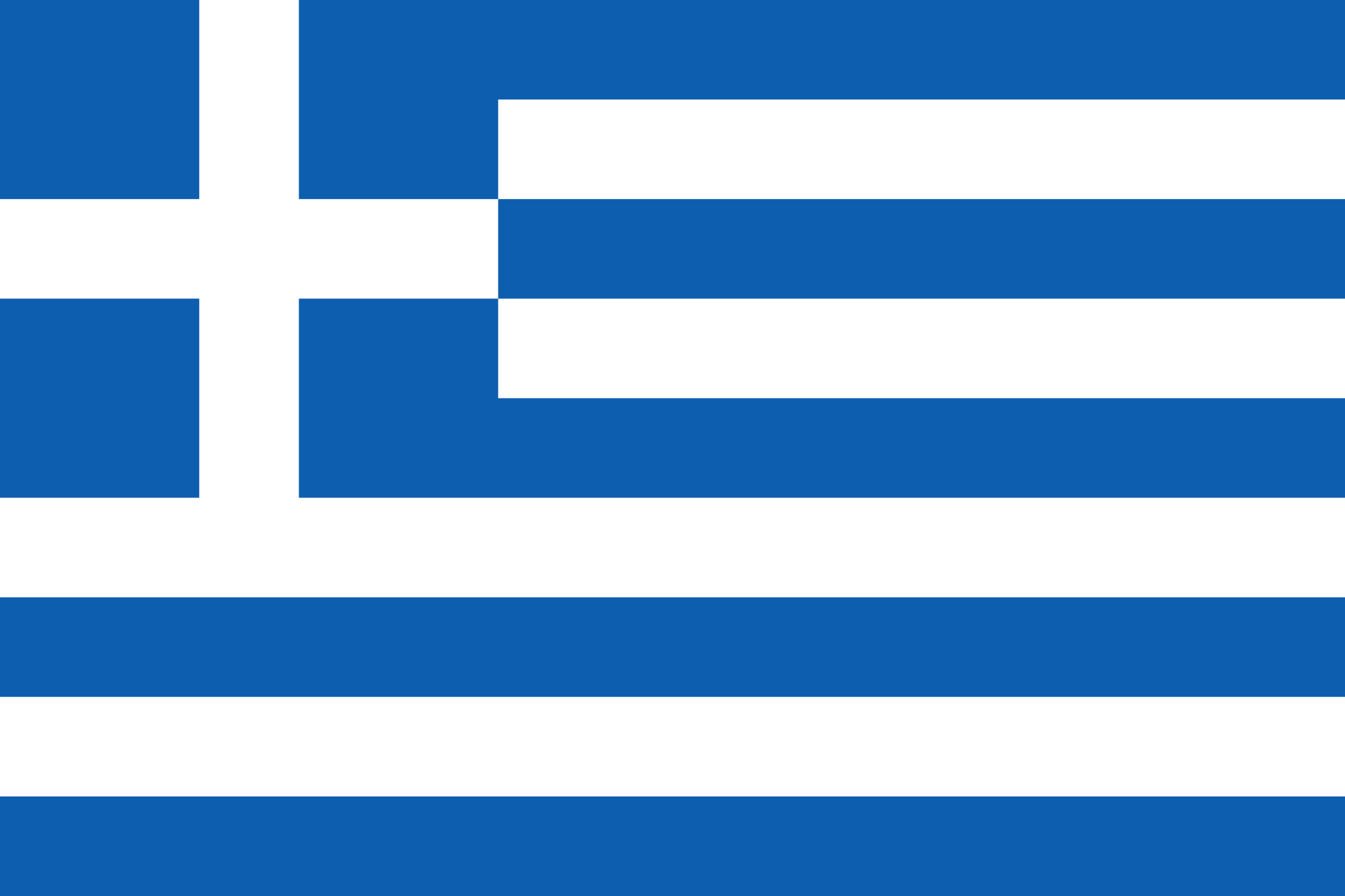
It was just announced that Standard & Poor's Ratings Services (S&P) has decided to downgrade the struggling euro zone nation of Greece to an emerging economy status.
The S&P Global BMI index will undergo its annual reconstitution on September 22, 2014, and this year’s major change is the reclassification of Greece to Emerging status from Developed status. Greece’s constituents will be removed from all S&P Developed BMI market indices and will become a part of the S&P Emerging BMI series.
This development is a bit unexpected, as only on Friday, September 12, S&P upgraded its debt rating for Greece, citing progress on fiscal reform efforts and potential return to economic growth. The agency set its long-term sovereign credit rating for Greece at B, up from B-minus. The outlook for the rating is stable, S&P also stated on Friday.
"The upgrade reflects our view that risks to fiscal consolidation in Greece have abated," the firm said on Friday. S&P stated that it believes Greece's recovery from seven straight years of economic shrinkage will begin next year, and called the country's recovery "gradual but weak."
S&P further said on Friday that it might raise its rating again if Greece's growth were to surpass expectations or if the country's institutional framework strengthened. A downgrade, meanwhile, might be necessary if deflation interferes with the government's efforts to stabilize its debt as a share of GDP.
Government Rejects EU Bailout
It was also revealed today that the Greek government would not seek more loans from European taxpayers and it is now predicting a return to growth based on foreign direct investment.
"We expect that we are going to see positive growth for the first time in the third quarter," Gikas Hardouvelis, Greece's Finance Minister told the financial TV channel, CNBC, at a meeting of euro zone officials in Milan.
"The bailout program did have benefits in the sense that lenders forced Greece to actually do structural reforms," Hardouvelis said. "However, after a point one needs to do this on their own and to me structural reforms is something one ought to be vigilant on and the population has to own them."
The finance minister's comments were added to an interview with Prime Minister Antonis Samaras, which was published by Greece's Real News newspaper yesterday. Mr. Samaras reportedly said the country was beating its fiscal targets and would not need a third bailout from international creditors.


















